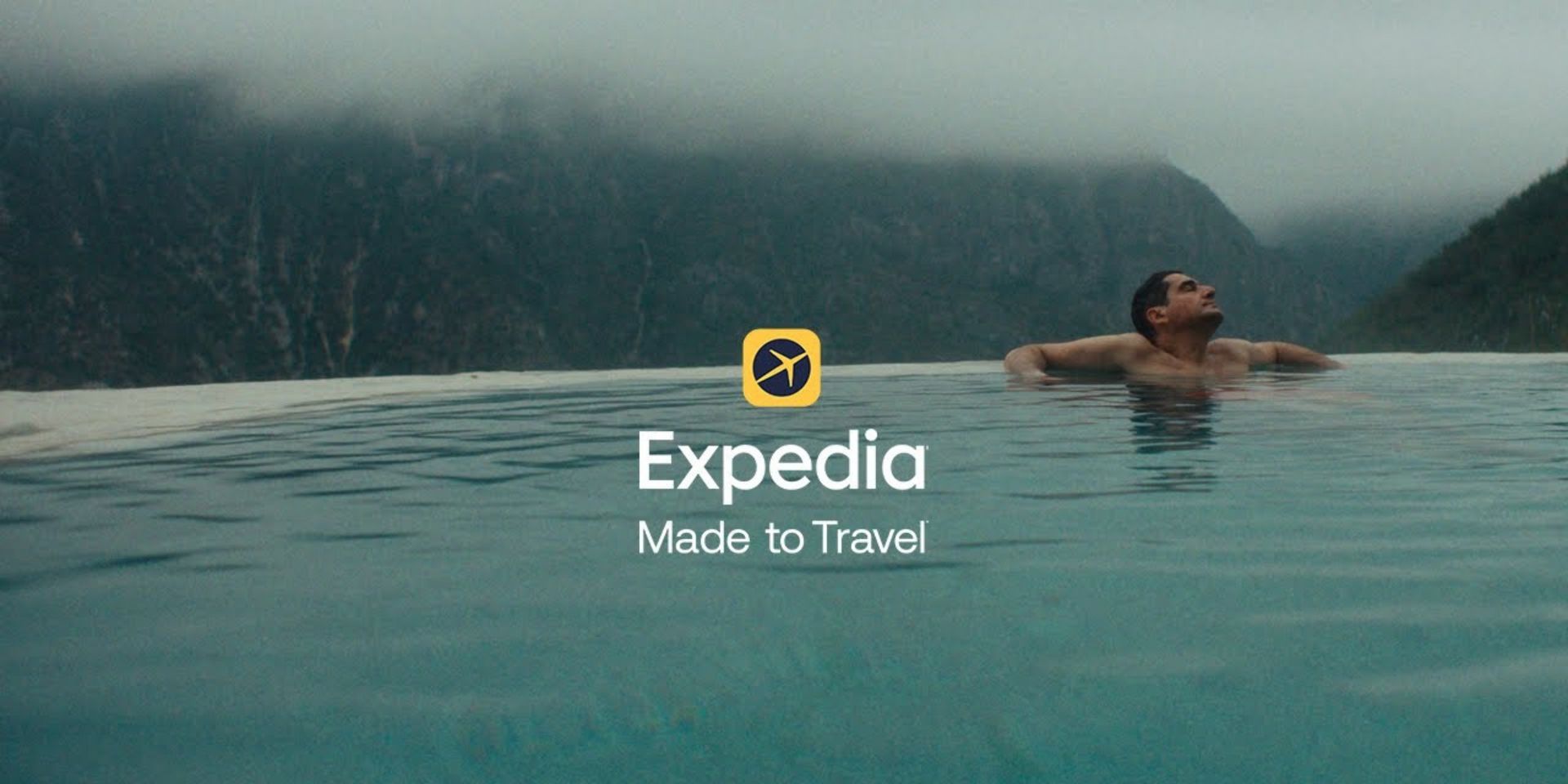
Big day for marketers: from Pinterest’s slowing ad revenue to Google trimming search features and AI reshaping TikTok ads. Here’s what’s changing the game.
📱 Social Media Marketing

Newsroom Pinterest
Pinterest hit 600M users and pulled in $1.05B revenue (+17% YoY), but its next-quarter outlook fell short of Wall Street’s hopes. Ad competition from Meta, Alphabet, and Reddit, all boosted by superior AI targeting, plus a drop in US ad spend from Asian e-commerce giants like Temu and Shein after new import rules. Pinterest’s response: roll out its AI-powered “Performance+” suite to sharpen ad performance. Why it matters: Ad platforms are in an AI arms race, and Pinterest must prove it can convert user growth into advertiser ROI amid tightening budgets and global policy shifts.
TikTok users decide in seconds, and VideoTube’s new “Image to Video” tool lets brands turn static photos into motion-filled, human-like TikTok ads without filming or editing. With AI-generated movement, depth, and emotion, marketers can instantly create authentic, scroll-stopping videos that feel natural and premium. Why it matters: Short-form ad fatigue is real, and fast content production wins. VideoTube gives small teams a studio-quality edge, cutting production time from weeks to minutes, helping brands keep up with TikTok’s relentless pace and ever-rising creative bar.
💰 Performance Marketing

media.licdn
Google’s new AI Mode is reshaping SEO: rankings are no longer about just keywords but about how well your content answers a full journey of “latent” questions, the hidden follow-ups users implicitly ask. To optimize for this, marketers should analyze what questions their content truly answers (using “reverse question prompting”) and write around topics, not terms. Why it matters: We’re moving from keyword matching → intent mapping. Visibility now depends on brand mentions and topical authority, not just backlinks. AI search favors brands discussed widely online and content that feels genuinely helpful, answering nuanced queries with context, visuals, and relevance.
Google is phasing out multiple underused Search features and structured data types, including Practice Problems, Nutrition Facts, Nearby Offers, Local Bikeshare status, and more, in a bid to streamline results and boost speed. Starting January 2026, support for some structured data in Search Console and its API will also be removed. Why it matters: SEOs may need to remove deprecated schema markup and watch for shifts in CTR as certain rich results disappear. While most sites won’t feel major effects, this marks another step in Google’s move toward a leaner, faster, AI-focused Search experience where fewer legacy features clutter results.
⚡ Trends & Updates

kinsta
Podcast ad revenue is set to hit $2.5B in 2025, but Oxford Road says it could be $1B higher if brands had standardized ROI measurement. In its What Brands Want 2025 report, 71% of marketers said podcast analytics lag behind other channels, especially for video podcasts across YouTube and Spotify, where attribution and even the definition of “podcast” remain inconsistent. Oxford Road’s new ORBIT tool aims to fix this by ranking shows based on real sales performance, revealing that smaller podcasts like Critical Role drive far better ROAS than big names like Joe Rogan. Why it matters: Until podcast platforms unify their data standards and attribution models, advertisers will keep underinvesting, leaving billions on the table. The winners? Niche creators who prove measurable ROI.
Starting December 10, Australia will block users under 16 from most major social platforms, including TikTok, Instagram, Reddit, YouTube, X, Snapchat, Facebook, Threads, and live-streaming app Kick. Platforms that fail to restrict underage access face fines up to $49.5M. Regulators say the move aims to protect kids from “predatory algorithms” and harmful content, while urging companies to use tech-based age verification tools. Why it matters: This marks the world’s first nationwide social media age ban, forcing platforms and brands to rethink youth engagement. Marketers targeting teen audiences may need to pivot toward kid-safe ecosystems, gaming platforms, and educational spaces. Expect rising investment in brand safety, parental consent tools, and privacy-compliant verification tech, and global regulators are watching closely.
🎯 Strategy

expedia
Expedia’s “Science of Wanderlust” study used biometric testing, surveys, and interviews to decode what truly drives travelers from dreaming to booking. The results? Video sparks 3× more emotion than static images, and content that’s authentic, inclusive, and clearly structured wins trust and clicks. The ideal pacing for travel ads is 2–9 seconds per visual, and AI works best as an enhancer, not a replacement. And short AI-animated clips outperform stills. Why it matters: Travel marketing is shifting from guesswork to data-backed emotional design. Brands that prioritize motion, clarity, inclusivity, and human authenticity can turn passive scrollers into active bookers. The formula: Emotion + Representation + Clarity = Conversion.
Marketers still rely too heavily on demographics and personas, static traits that miss the real drivers of decisions. The future of personalization lies in behavioral segmentation, grouping audiences by motivations, trust triggers, and decision patterns. By blending data science and qualitative insights, brands can build behavioral archetypes that explain why people act, not just who they are. Why it matters: Personalization that’s rooted in behavior - not labels - creates trust, loyalty, and human connection. It’s a shift from marketing to humanization, where brands anticipate intent and design experiences that feel empathetic and relevant.
🗣️ Your Opinion Matters
Thanks for reading till here. I’d love to hear your thoughts. Please reply to this email anytime with feedback or article suggestions.
— Sam C.